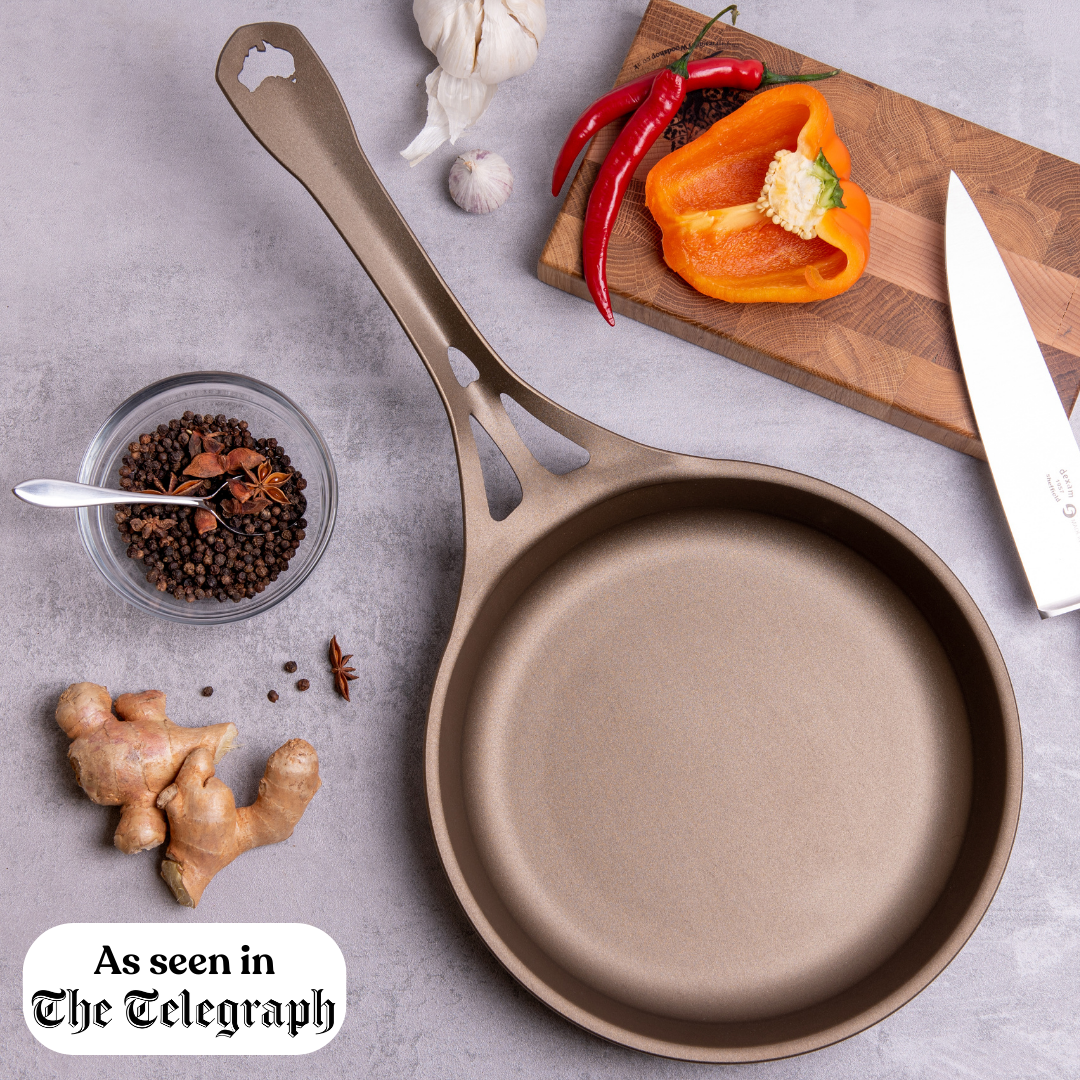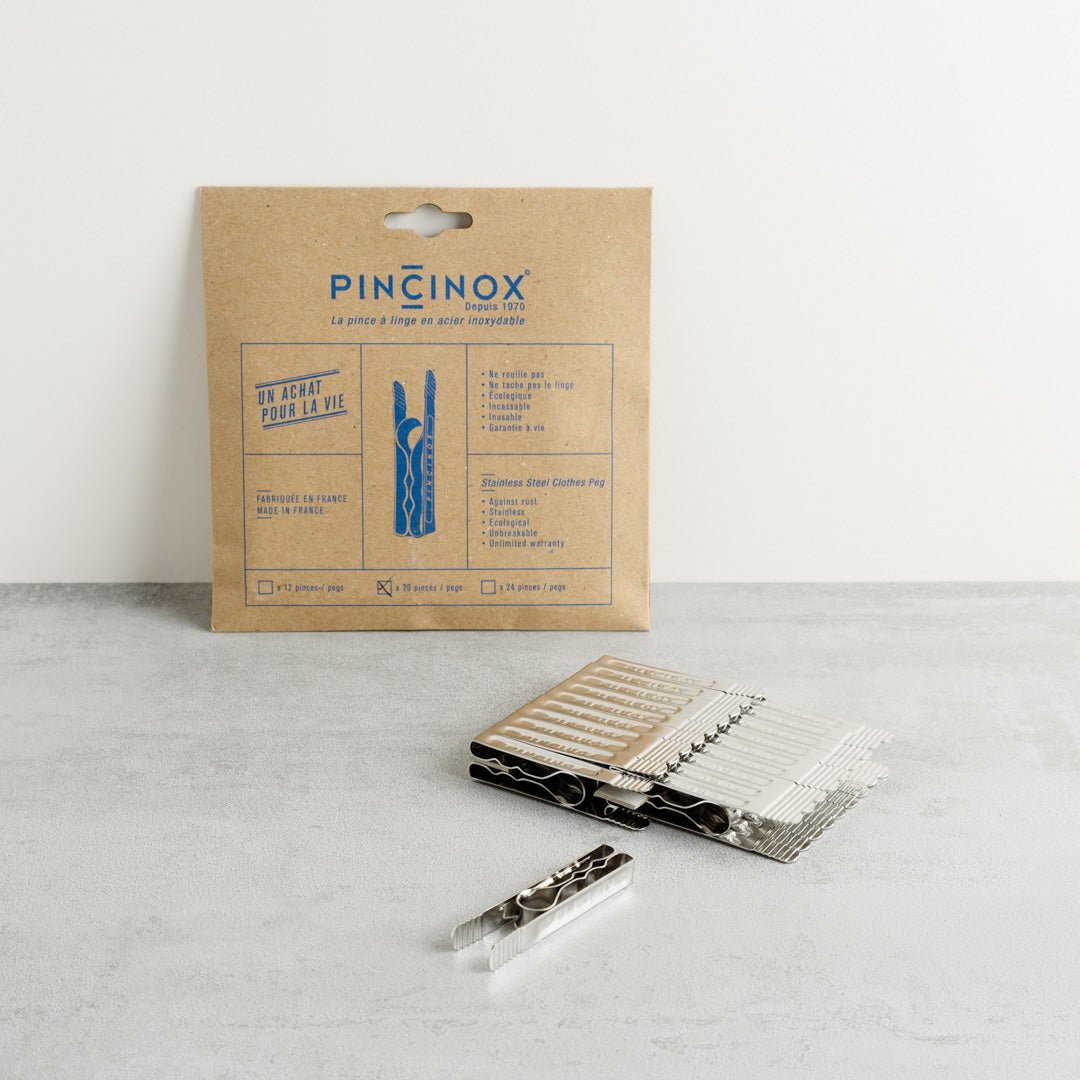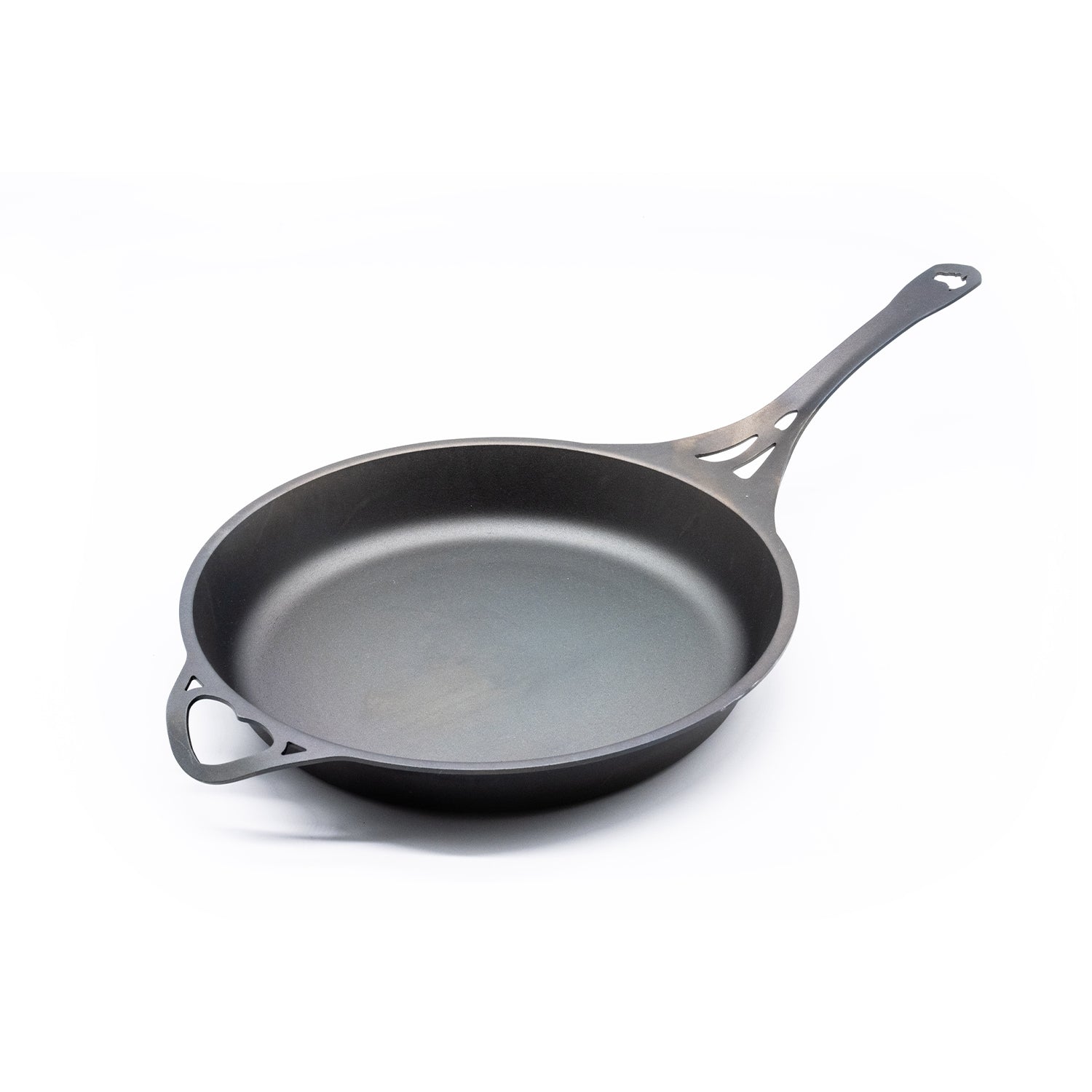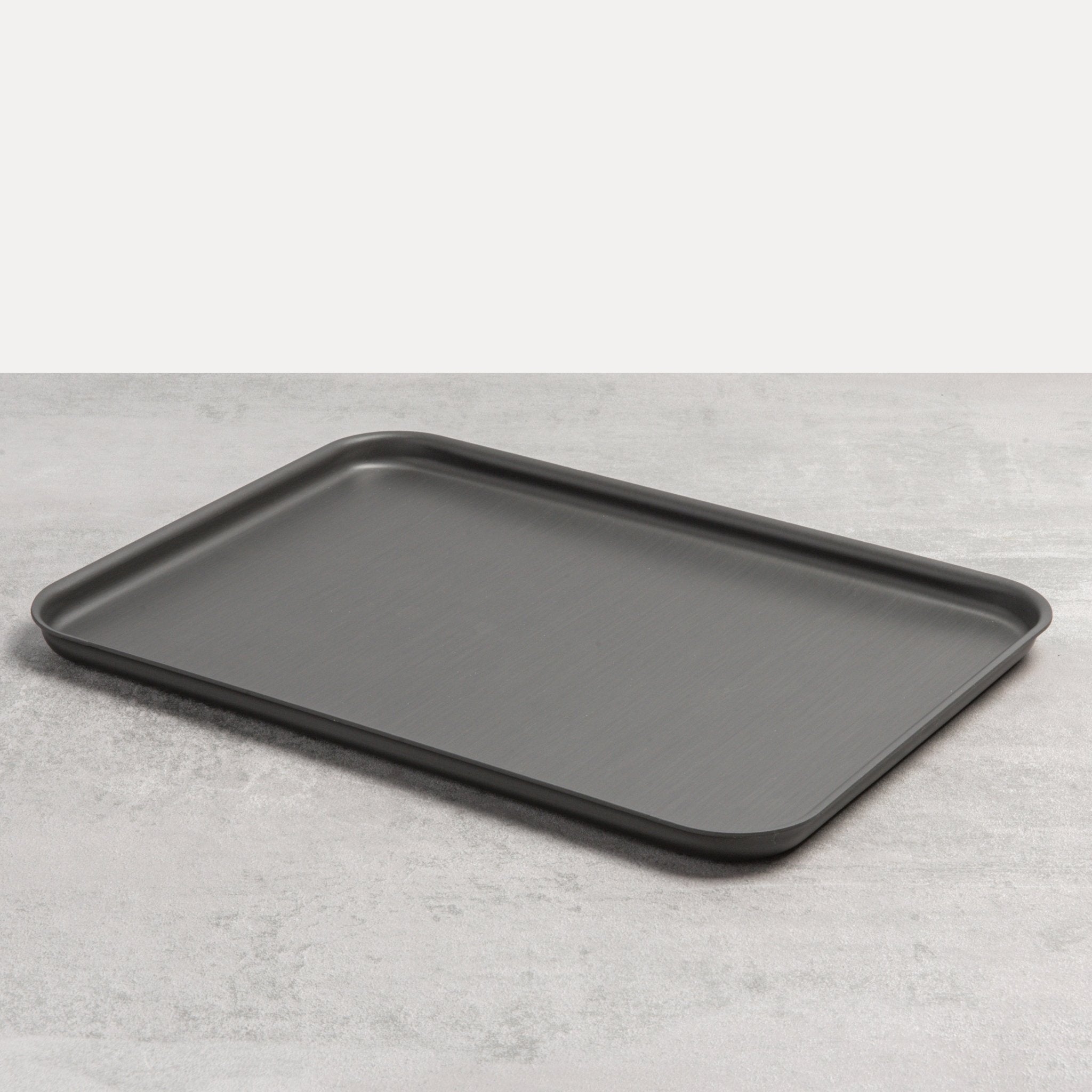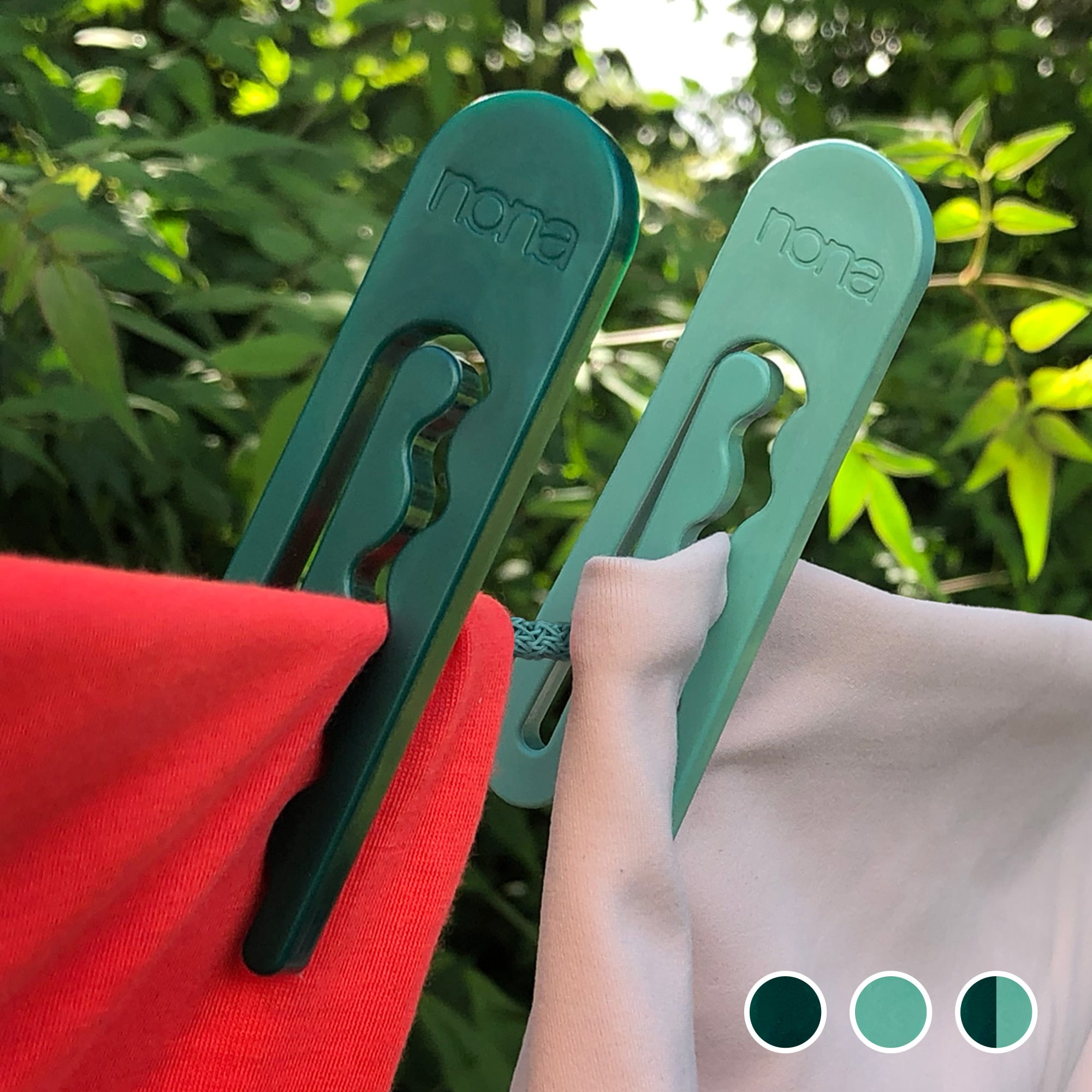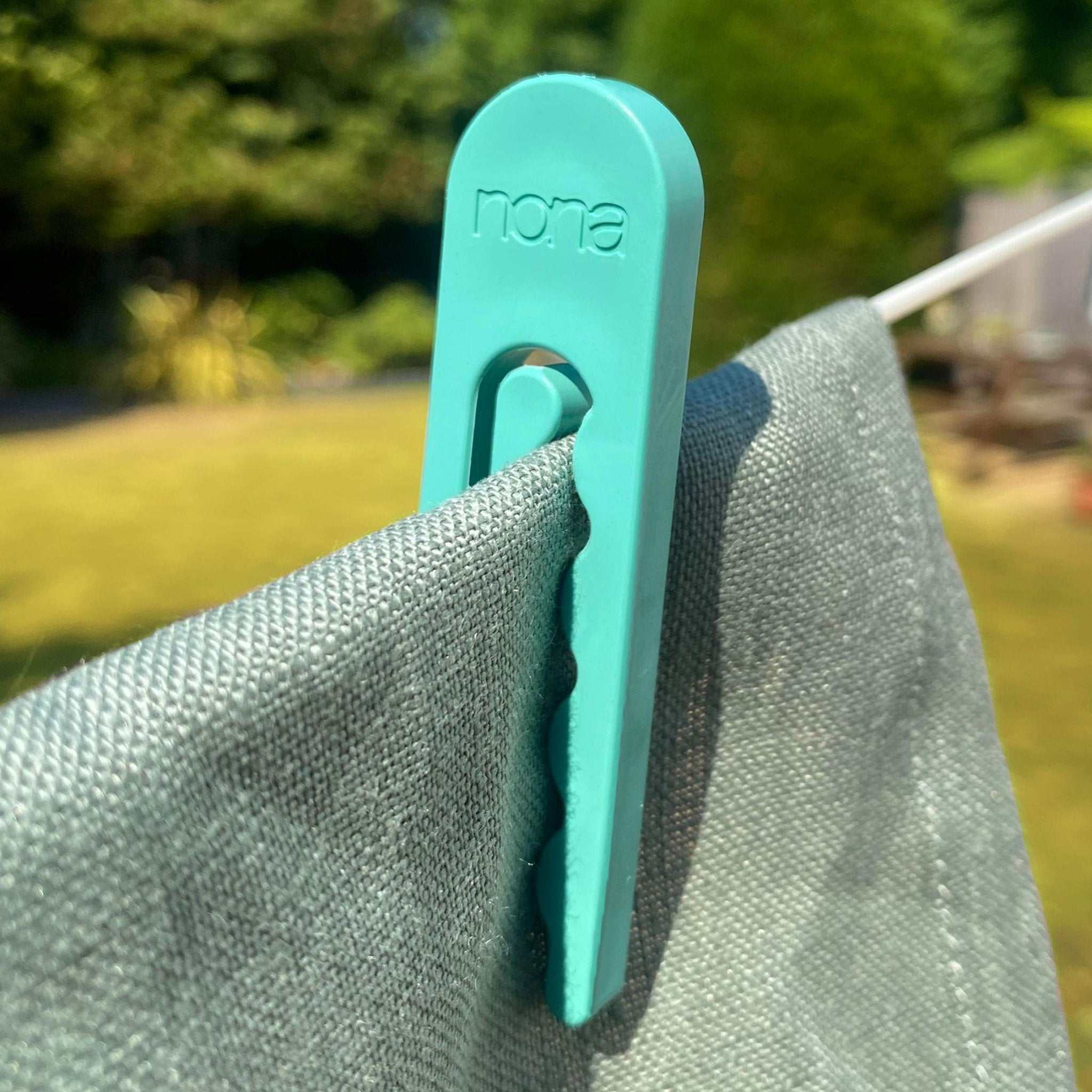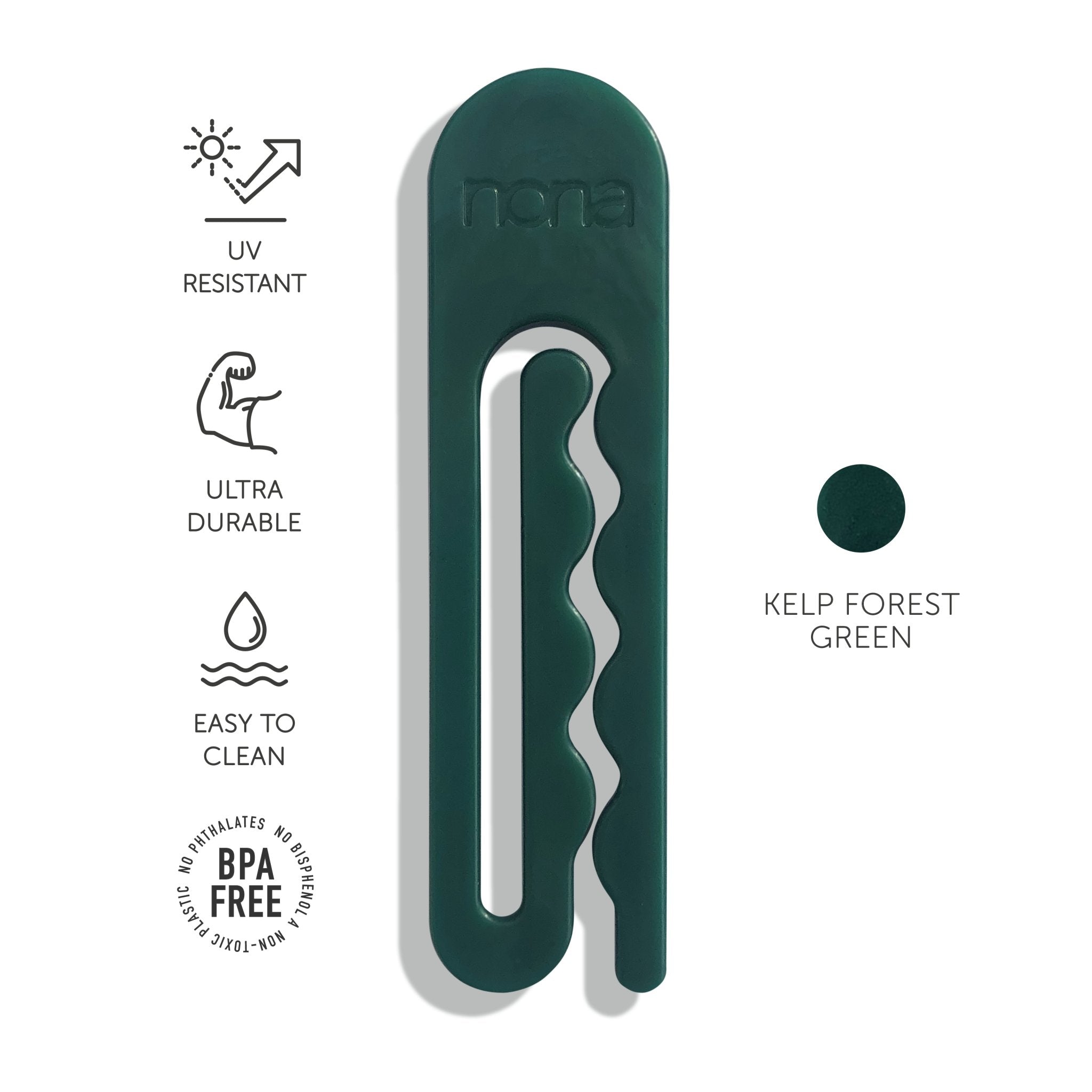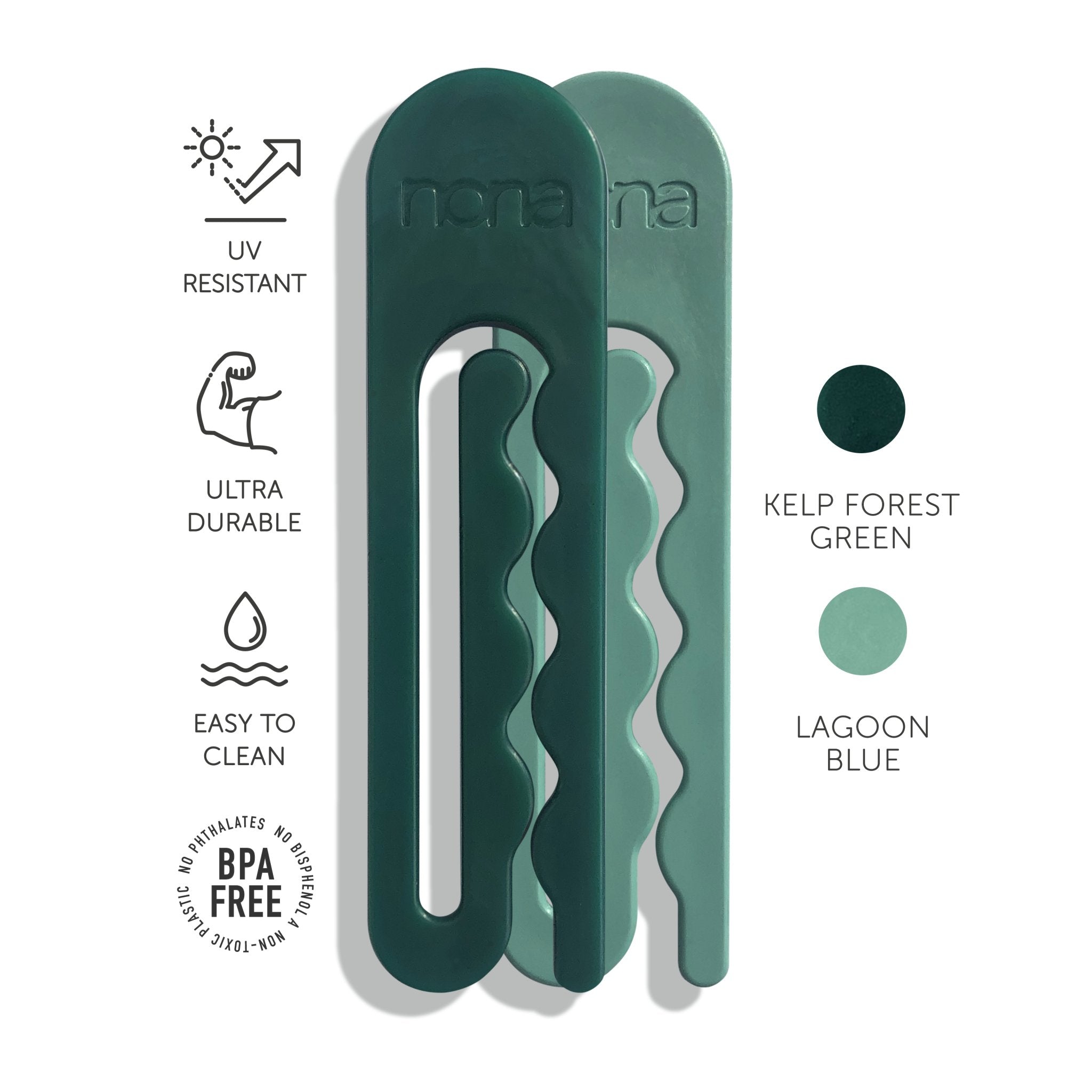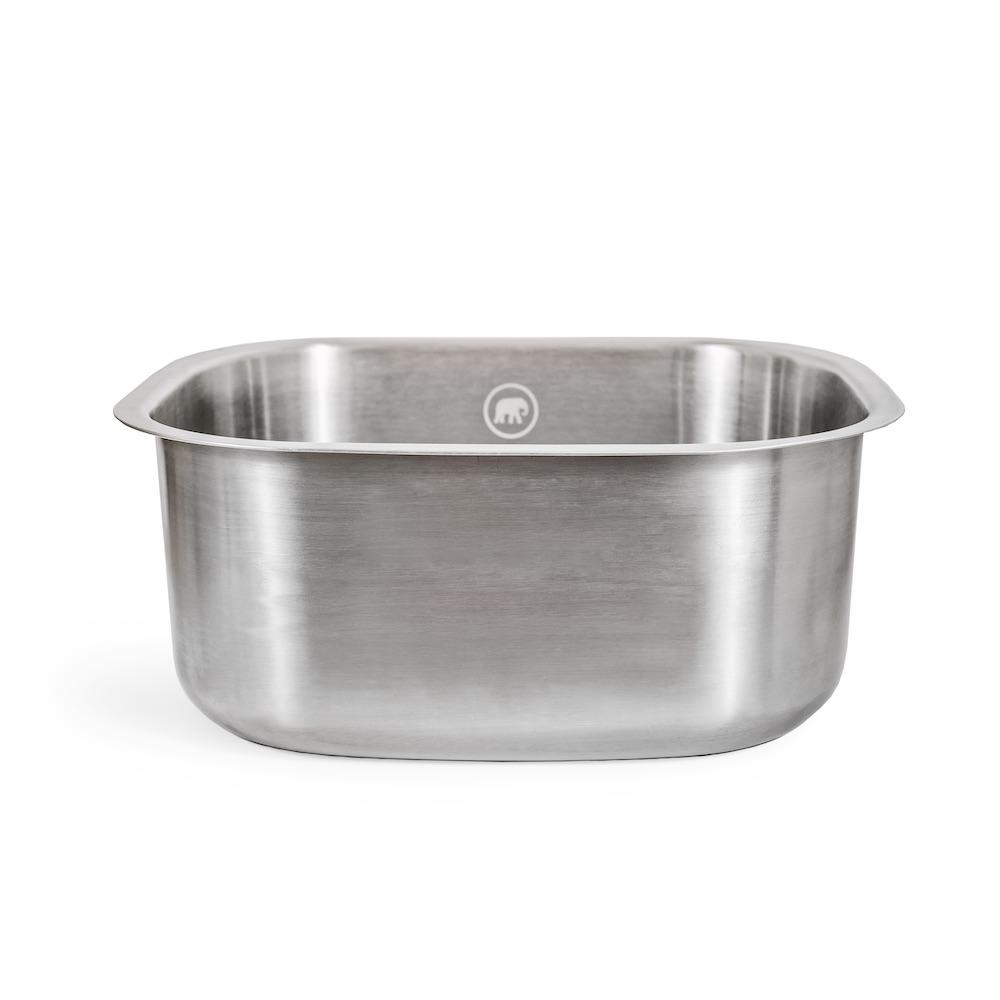When it comes to running an eco-friendly, health-conscious kitchen, we tend to focus on the food we cook. What we cook our food in, however, is often an afterthought. But not only are some types of cookware much more sustainable than others, some of them are made with certain chemicals that could be harmful to us as well as the environment.
So, is there such a thing as an eco-friendly pan? What does that mean exactly? How can we measure the impact of cookware? We’ll take you through the ways in which we approach this question, the materials you should avoid and our recommendation for a low-impact pan.
Why you should stay away from non-stick

You’ve probably got a few of these - but how long will they last?
First of all, there’s one type of pan that we think should be avoided for multiple reasons, and that is anything with a synthetic coating. You probably have a few non-stick pans in your cupboard already. They’re incredibly convenient: easy to use, easy to clean and usually cheap.
However, non-stick pans are at best wasteful, and at worst dangerous. High heat and metal utensils eventually cause their coatings to degrade over time. Even if you treat your pan with care, it won’t last more than a few years - and once the coating starts flaking, the pan is destined for the bin.
The question of toxicity is also a concern. Perfluorooctanoic acid, or PFOA, is a synthetic polymer that until recently was used in making non-stick cookware. After it was found to cause cancer, birth defects and significant harm to the environment, it was banned globally. If you have old non-stick cookware, we recommend you get rid of it.
These days, non-stick cookware is considered safe. But if you heat it to very high temperatures (e.g. by leaving an empty pan on the hob for a few minutes), it can still release toxic gases. If you do buy new non-stick pans, ensure they’re PTFE and PFOA free.
Natural, ever-renewable non-stick
Iron pans last forever, and you can top up the seasoning over and over.
Perhaps you’d like to ditch non-stick cookware, but you’re worried about sticking disasters and burnt-on grease. If that sounds like you, have you ever cooked on an iron pan? Uncoated iron pans build up a natural non-stick layer of cooked-on oil called ‘seasoning’. It’s natural, ever-renewable and completely non-toxic.
Although seasoning behaves a little differently to synthetic non-stick coatings, it’s a joy to cook with - and you can even fry eggs on it without worrying about sticking. Best of all, iron pans are incredibly durable and can last for generations.
You may be familiar with heavy, black cast iron skillets - but have you heard of Solidteknics wrought iron? These pans are even stronger than cast iron, significantly lighter and even carry a multi-century warranty. That’s the longest warranty in our store.
Why durability is key
Why throw away lots of non-stick pans, when you can own one of these forever?
We regard our Solidteknics pans as the most sustainable pans on our website, simply because they’re guaranteed to last so long. The longer we own something, the more its carbon footprint is spread out across years of use.
Even though non-stick pans are convenient, buying cookware that we know will end up in landfill after just a few years is incredibly wasteful. Choosing a durable product that can last for decades is the best way to buy sustainable cookware.
As well as Solidteknics wrought iron, other long-lasting cookware materials include cast iron cookware, enamelled cast iron (usually in the form of dutch ovens), stainless steel cookware and ceramic.
Take a look at our full cookware range here.
Beware greenwashing…
No matter how ‘eco’ a coating is, it won’t last.
This question of durability is the exact reason why we should be wise to greenwashing when buying pots and pans. Whilst there are several cookware brands out there claiming to make ‘eco-friendly non-stick’ or ‘plant-based non-stick’, these coatings still can’t be renewed and will eventually degrade.
Metal products like pans take a lot of energy to produce - just think of how much iron ore has to be drawn out of the earth! This is exactly why throwing them in the bin because of a flaky coating is such a criminal waste of resources.
Money saved
Keep a durable pan for decades, and value for money just keeps increasing.
A long-lasting pan isn’t just good for the environment - it will also provide fantastic value for money over years of service. We’ll be the first to admit that many of our durable pans don’t come cheap. But when you’re looking at a multi-century warranty, you can see how it becomes a great investment.
Let’s look at some figures. Our 26cm Solidteknics frying pan costs £139.90. Even though it has a multi-century warranty, let’s just say you had it for 30 years. Non-stick pans tend to last about three years before the coating starts to break down.
If you repeatedly bought 26cm non-stick pans from Argos for £25, it would end up costing £250 over the 30 years. That’s a saving of £110 if you choose the Solidteknics - and no flaking!
Circular economy cookware
Lasts forever (but 100% recyclable, just in case).
The way we consume products normally follows a linear path, wherein we create things from natural resources, use them and then throw them away. The idea of the circular economy is an alternative to this unsustainable model, wherein products are kept in use for as long as possible, repaired or recycled instead of being trashed.
By lasting a lifetime and more, durable cookware like Solidteknics supports the circular economy model, and saves consumers from having to throw things away. But in the unlikely event that a pan is irreparably damaged, these pans are made from 100% iron - so they can be fully recycled too.
Inspired to change your cookware? Browse our full range of ultra-durable, non-toxic Solidteknics pans here. Or to view our full collection of long-lasting cookware, take a look here.
Read next:

